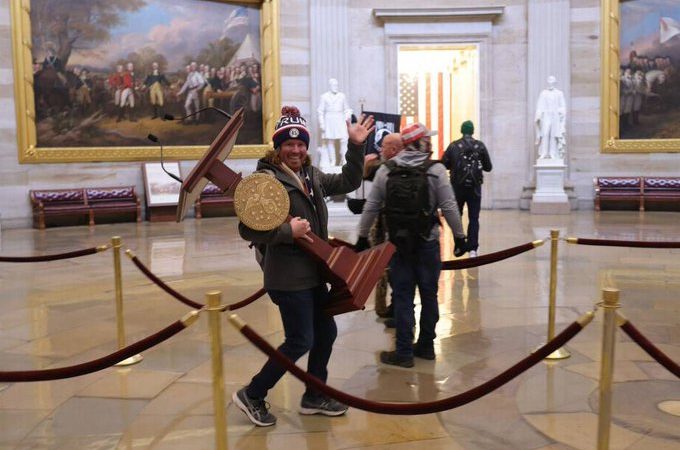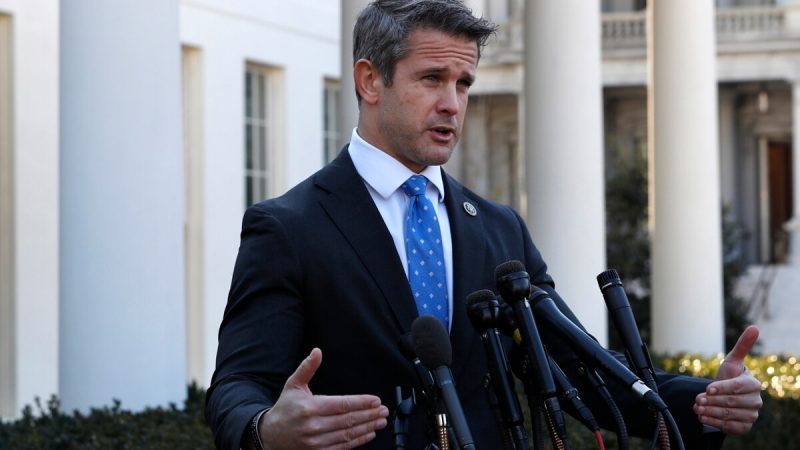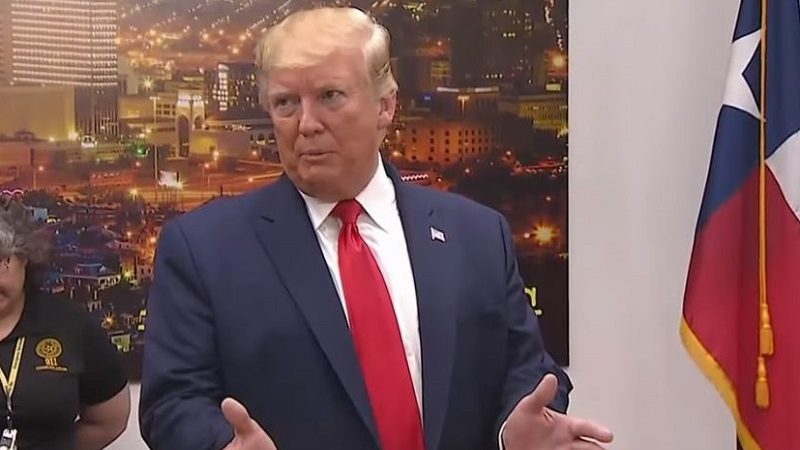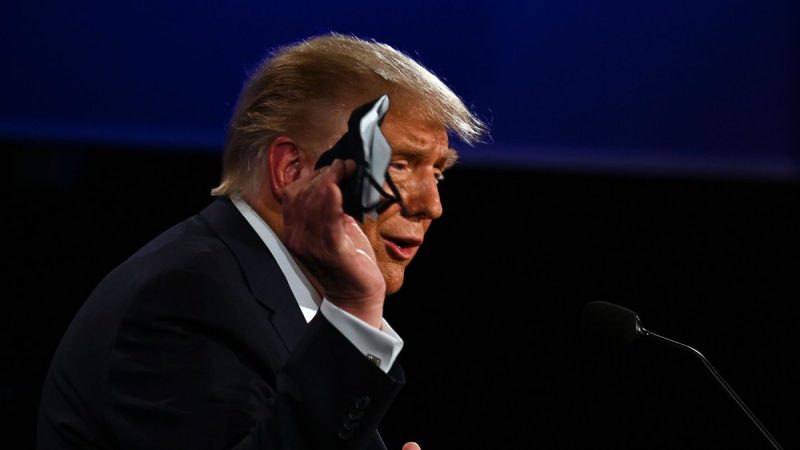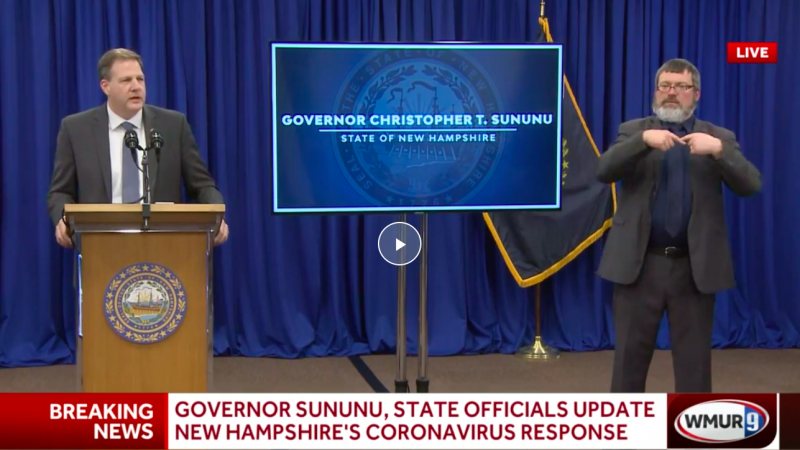Pope Francis, Know Thy Place

In front of the usual tableau of a sleepy Joe Biden and a tangerine-colored John Boehner, the Pope shakes his finger at the assembled Congress. This is all too emblematic of the state of American politics.
As a liberal, I find it difficult to resist the Pope Francis’ socialist fiscal platform, and as a nerd I’m delighted by the sass and rich irony of a Pope naming himself after Francis of Assisi, the hippie saint. And the speech itself (transcript here) was in many places vindicating. Francis stood against the death penalty, encouraged us to open our borders and hearts to immigrants, and called predatory capitalism the “dung of the devil.” Tough to disagree.
He also offered a veiled criticism of abortion, yearned for the “traditional family,” and, as always, made no mention of the absurd fact that women cannot be priests in his organization. A Pope is a Pope is a Pope.
But the content of the speech shouldn’t matter. Francis’ clout as a liberal reformer in a historically conservative church shouldn’t matter. Even whether I agree with him is beside the point.
The point is this: a Pope does not belong in Congress.
I would never disagree that Congress needs a good talking-to. But that talking-to needs to come from within. Congress exists to foster and moderate its own debates. No voice from on high should scold them, especially not a foreign voice, and especially not the voice of a religious leader.
The phrase “separation of church and state” is an old saw by now, and I’m grateful to live in a place where those words have meaning, however little it applies to the actual state of affairs. But I refuse to be satisfied just with the repetition of the phrase. It’s not about the wishes of the founders or my own personal grudge (not that those things don’t contribute). It’s about common decency, and about freedom. Just by using the words “under God” at a government event, we exclude roughly 22% of the population (those who identify as Atheist, Agnostic, or otherwise religiously unaffiliated), in addition to those who worship polytheistic religions or do not accept “God” as the name for their deity. In comparison to the 22% non-religious population, the United States is 20% Catholic; 50% follow other forms of Christianity and 30% are not Christian (this data from Pew Research Center). What does the admission of the Pope to Congress to speak say to that 30%?
Pope Francis seems not to have been aware of the irony of his statement today:
“We know that no religion is immune from forms of individual delusion or ideological extremism. This means that we must be especially attentive to every type of fundamentalism, whether religious or of any other kind. A delicate balance is required to combat violence perpetrated in the name of a religion, an ideology or an economic system, while also safeguarding religious freedom, intellectual freedom and individual freedoms.”
The Pope means well, it is clear, but he forgets the category of what we in the academy call ideological violence. That’s the fact that, when a group of people is consistently excluded and scorned in public speech and public life, that group of people become second-class citizens, constantly on edge and questioning their place in society. They–we–are marginalized. The appearance of a Pope in Congress is a sad day for “intellectual freedom;” it is, in fact, a kind of “violence perpetrated in the name of a religion.”
Thursday in Congress, Pope Francis urged us to consider human dignity in all that we do, as the human being is the image of God. Ironically, his very presence in that chamber was a sign of contempt toward those of us who don’t need the help of God to see the dignity in human existence.
Image via Al Jazeera

